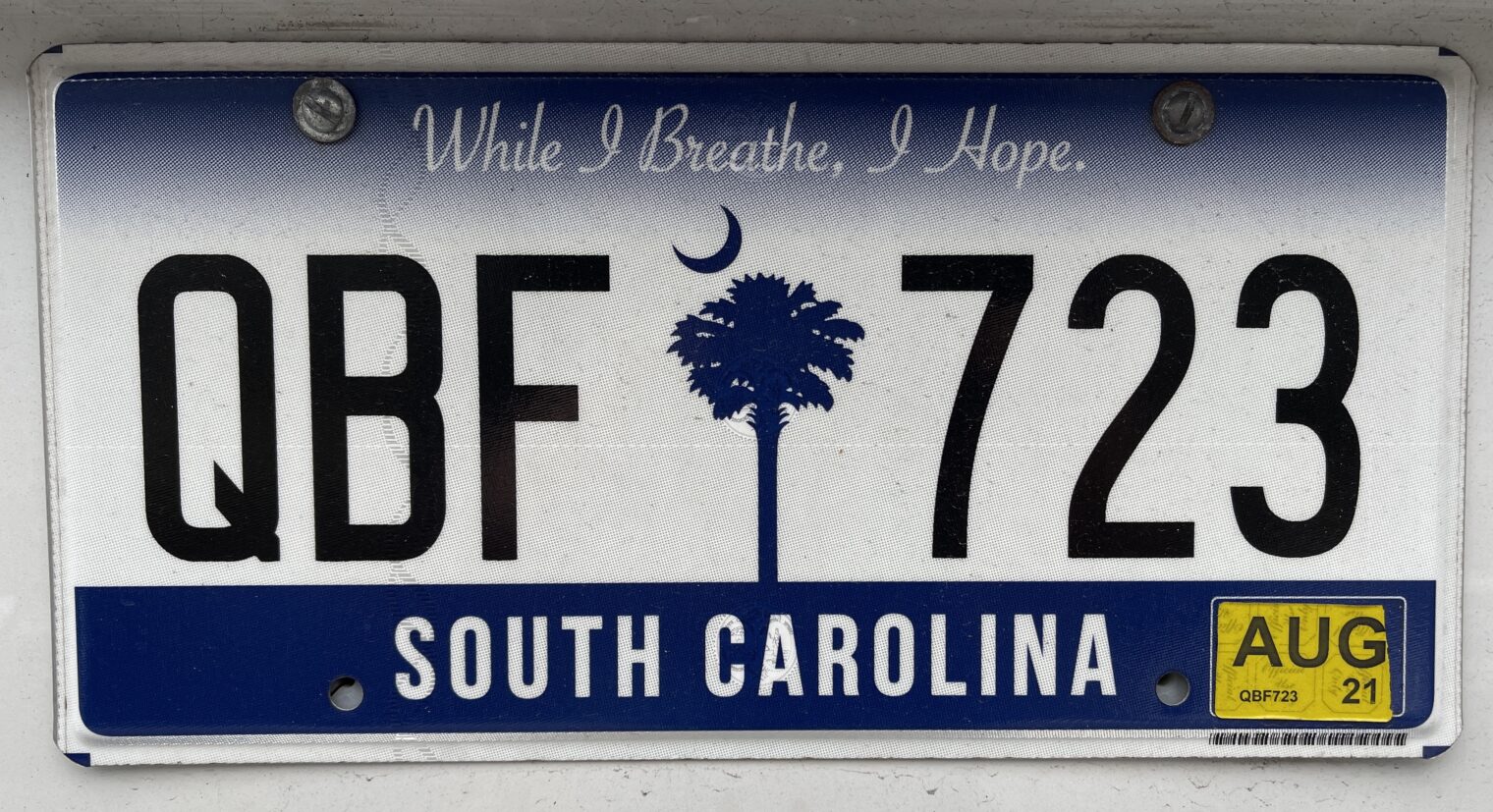A friend is turning 65. If he can easily afford the co-pays (20 percent for most things), does it make sense for him to buy insurance to supplement Medicare?
From a reasonably wealthy consumer’s point of view, the main advantage of health insurance in the U.S. is that the insurance company will defend against the providers’ attempts to steal via fake rates. See America’s Efficient Health Care System: my $15 bill for a checkup (2010), in which the doctor charges a fictitious $510 fee for a checkup that is actually valued at $83 (the insurance company’s “negotiated rate”). If you don’t have insurance, you will be attacked by the health care industry with rates that are 5-10X higher than what 95% of patients are paying. No other part of the U.S. economy works like this and I am not even sure how it is legal. The fictitious prices aren’t quoted to the patient in advance. How can it be legal to hit someone with a bill for 5-10X the real price after the visit? If you take your car in for dealer service and the dealer can’t reach you to get authorization for replacing the bald tires, the dealer can’t charge you $5,000 for a set of tires that 95 percent of the dealer’s customers are paying $500 for, right?
[Related question: Why is the uninsured rate only $510 for an $83 service? Why isn’t it $5,100, for example? The insurance company will still pay $83 and the uninsured can be pursued for $5,100. There isn’t a better rational basis for $510 versus $5,100 or vice versa.]
So… if this guy and his wife will be on Medicare, which is doing the negotiation dance with providers, if he doesn’t buy supplemental coverage is there any circumstance in which he’ll be exposed to this kind of systemic crime by the U.S. health care industry? Or will Medicare always negotiate a normal rate for him even if he ultimately has to pay whatever Medicare has negotiated? (In the latter case, it doesn’t make sense for him to buy insurance because he doesn’t need the insurance part of the insurance.) Is there any convenience benefit to having supplemental insurance, e.g., one doesn’t get annoyed via mail with $10 or $15 hardcopy bills?
A couple of Medicare beneficiaries and their pup, enjoying a misty day at the beach in Hilton Head, South Carolina (January 2021):
And the South Carolina license plate motto (“While I Breathe, I Hope”), perfect for the Age of COVID-19:
Also of interest from Hilton Head…



Here in Germany privately insured patients also pay several times the rate of what the public insurance pays. But people are still happy to pay it. Why? You’re every doctor’s favourite patient. Regular people may need to wait weeks or months for an appointment, but just mention your private insurance, and suddenly they find time for you on the same day. Official it’s illegal for doctors to prefer “private patients” (“Privatpatienten”, as well call them), at least if they also accept patients from the public system, but everybody knows that they are preferred.
It is a little different here. Medicaid (government insurance for poor people) might pay $50 for something. Medicare (government insurance for over-65) might pay $85 for the same thing. Private insurance will pay $100 let’s say. The big difference is that a person who doesn’t have insurance will be billed $500 and hounded by collection agencies, lawsuits, etc. if he/she/ze/they doesn’t pay.
Not a health insurance example, but when I was looking for an assisted living facility for my mom a few years ago, my preferred facility, incorrectly assuming my mom was a Medicaid patient, brusquely turned me away claiming no vacancy, but promptly changed their view upon learning she had a solid long-term care insurance policy and a VIP private room magically opened up.
Phil, I am on a Medicare Advantage Plan (see differences: https://www.aarp.org/health/medicare-insurance/info-2020/original-medicare-vs-advantage.html) which allows me to pick my doctors, and has additional benefits beyond Medicare itself. So far I have not seen the systemic crime – I agree – being on this plan, but going in for some minor surgery in a few weeks.
Medicare seems to cover most things. The hardcopy (!) official Medicare handout is over 125 pages, but a relevant portion on Emergency Department Services (some of the biggest systemic crimes are there) seems to suggest Medicare has a negotiated amount for services, and individuals pay a copay and then 20% of the “Medicare approved amount..”
Hard for me to imagine additional Health Insurance would be needed, but I guess I would consider things like insurance for medical air transport. A friend was charged $250K for a flight from San Jose to Denver, they finally settled on $80K, but this was not a ‘covered’ expense.
Addendum. Medicare seems to be accepted by most providers, but maybe not all. Supplemental health insurance *might* be useful for providers who do not accept Medicare (maybe high end specialties?)
“Medicare Advantage Plan”
My Dad has been on a Medicare Advantage Plan (Freedom Health) that pays him $40/mo. (was $100/mo. up until a few years ago); and he’s been very satisfied with the coverage and service.
Good website. Answers most of your questions.
https://truecostofhealthcare.org/hospitalization/#
https://truecostofhealthcare.org/medicare-supplemental-insurance/
I think the key word here Phil is “can.” Do you mean can in the sense of try or can in the sense of winning a lawsuit? I suppose providers can try just like the tire dealer to charge you whatever. I am dubious though that if people resist, i.e. don’t pay what is asked, they wont end up with the right price because i am dubious that any court or jury will permit a provider to charge whatever he likes. The judges and jurors have all been in this situation and despise it. So I have had a couple of circumstances, one with a doctor the other with a medical lab, where the provider tried to charge a rate way beyond the reimbursement rate. I write a letter stating i will pay the reimbursement rate and nothing more and offering if i know the number to pay X in full settlement. If they resist i ignore pestering, and have then always ended up then paying nothing.
Jack: The Trump administration tried to arm Americans with some knowledge about what the real prices are with https://www.cms.gov/hospital-price-transparency , but as far as I can tell the providers are not making it easy to use this information. You can download from a hospital a monster spreadsheet with a bunch of codes that are hard to interpret.
Maybe I should update the original posting. Why is the uninsured rate only $510 for an $83 service? Why isn’t it $5,100, for example? The insurance company will still pay $83 and the uninsured can be pursued for $5,100. There isn’t a better rational basis for $510 versus $5,100 or vice versa.
The medical establishment is so decoupled from a “market” that they lump the rich and the destitute into one bucket. The fake price is to enhance the value of writing off the service to the destitute. My favorite medical pricing story came from my father having a heart attack while on vacation – he was a total self pay person. When he got home he received a bill for $120k. He wrote them a letter with a copy of a WSJ article showing the average US price for a heart attack was $57k. They sent him a new bill for $57k.
Medicare Part B — doctors — has an unlimited 20% co-payment. So I have a “Plan F high-deductible” Medicare Supplement as a form of catastrophic insurance. At age 75 I am currently paying $770/yr. for the policy. It covers this co-payment after deductibles, which are nominal from my point of view, are met. Note: this category of supplement plan is, as of last year, no longer available to new policyholders. So if I were going on Medicare this year, I’d likely not have any supplement plan.